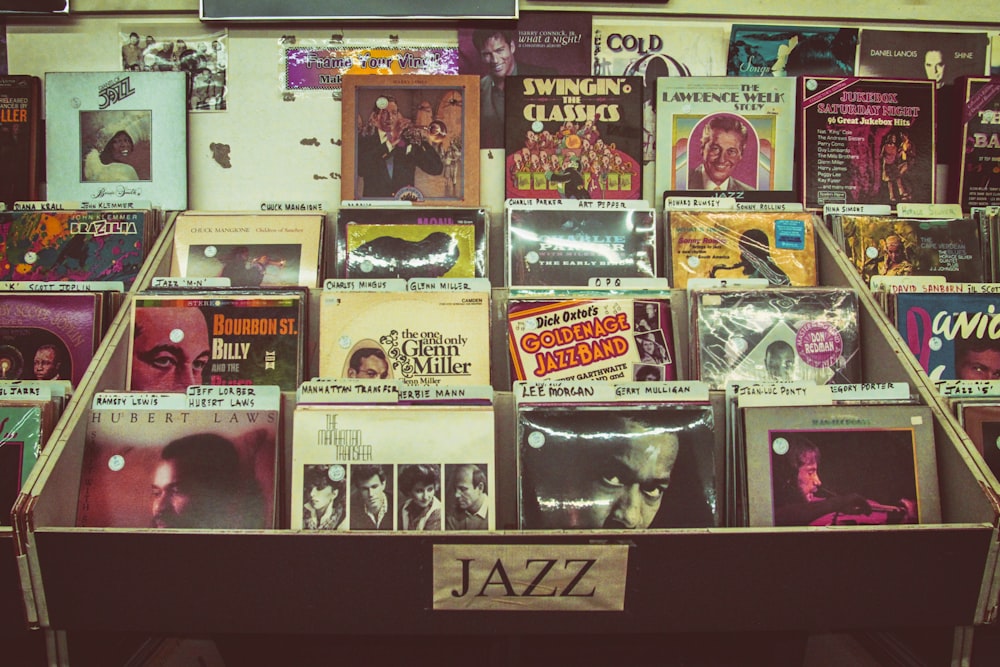Listen Carefully: How to Make an Impact with Your Favorite Tracks

When seeking solutions to our planet’s problems, it can feel overwhelming or even insurmountable at times. How can a student surviving off ramen in Raleigh or a single mother in New Mexico possibly free our oceans, air, and woodlands from plastic waste and pollution? The key is to think smaller than that.
What’s something you partake in every day, maybe even without thinking about it? For me, it’s music. Whether I’m writing, driving, working out, or hosting a party, I am constantly listening to music. This got me thinking: How can I somehow harness this action to create lasting change? Here are a few ways in which you can use your love for music to make the planet a better place.
The Bamboo Boom Box
Whether you’re jamming via Bluetooth or Vinyl, listening devices made from bamboo are solid, sustainable alternatives to those made from plastic, rubber, or wood. The fastest growing plant on Earth, certain species of bamboo can grow up to one meter each day on very little water. When harvested properly, this resilient plant replenishes itself within a year.

House of Marley sells a variety of sustainable products, including Bluetooth speakers and record players made from bamboo and recycled aluminum. The fabric on the faces of their speakers is made from reclaimed organic cotton, hemp, and recycled plastic. For components that require real wood, steel, or leather, House of Marley ensures these materials are sustainably sourced. Giving back to the earth through their One Tree Planted program, they’ve planted over 240 thousand trees around the globe to date in honor of the late Bob Marley.
Headphones, Earbuds, & E-Waste
We’ve all been there. You arrive at the gym or airport and realize you’ve forgotten your headphones. You spring for the cheap pair of earbuds, discard the hard plastic container, and by the end of your workout or flight, they’ve stopped working. Without even thinking about it, you throw them away in disgust for making your favorite album sound as if it was recorded in a blender.

Tossing headphones, earbuds, or any electronics in the trash allows the chemicals from which they are made to enter our soil, water, and air. We currently produce about 50 million metric tons of e-waste each year, only 10% of which ends up being recycled. When purchasing headphones, look for companies like LSTN who make their products from reclaimed wood and other sustainable materials. Through the proceeds of their earphones, LSTN has also helped over 35,000 people receive hearing aids throughout the world.
Streaming & the Vinyl Revival
There was a time where I had the most massive CD collection known to man. Organized on a rotating shelving unit and alphabetized by band name, I had everything from Alicia Keys to ZZ Top. An undisclosed number of years later (as not to date myself), I couldn’t tell you where a single one of them were. As soon as streaming came around, the rest was history. Thankfully, I haven’t purchased a CD, which are both made of and packaged in plastic, in about a decade. Approximately 8 million pieces of plastic pollution enter our oceans each day, and the advent of streaming somewhat ironically forced the music industry to do their part. Get it? Streaming?

Much like CD’s, Vinyl records are made of harsh materials. That being said, vinyl enthusiasts are likely to hold onto their collection and seek out old records to save them from the landfill. You could easily walk out of your local thrift store with a stack of awesome old records for under $20 dollars, but the feeling of saving those babies from the landfill is priceless. If you miss the hands-on experience that used to accompany listening to your favorite tunes, collecting Vinyl could be a fun alternative.
How You Can Help
Music gives us so much. In times of trouble and celebration, it’s always there, playing the soundtrack to our lives. So, let’s help music do the same good for our environment as well. By purchasing listening devices made from sustainable, eco-friendly materials, you can do your part just by listening to your favorite songs.
To recycle your old electronics, even those lousy $4.99 headphones, visit one of your local recycling centers. You could even bring these items to Best Buy, who will accept up to 3 electronics per day and have collected over 2 billion pounds of potential e-waste to date. If you have old CD’s, vinyl records, or even cassettes that you don’t want anymore, give them a new home by donating to a local thrift shop or public library.
Music brings us together. Let’s use that togetherness to make the world a better place.


Leave a Reply